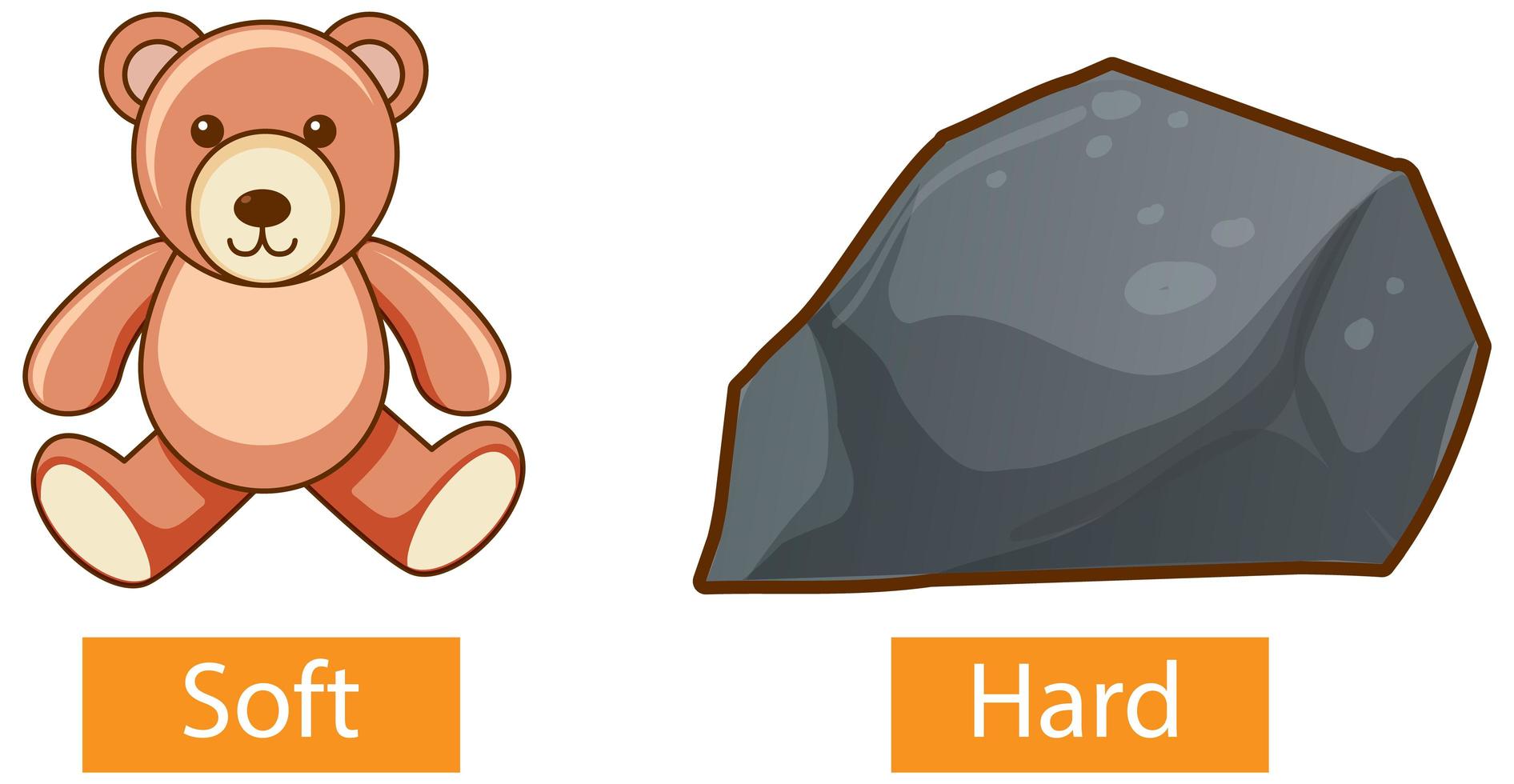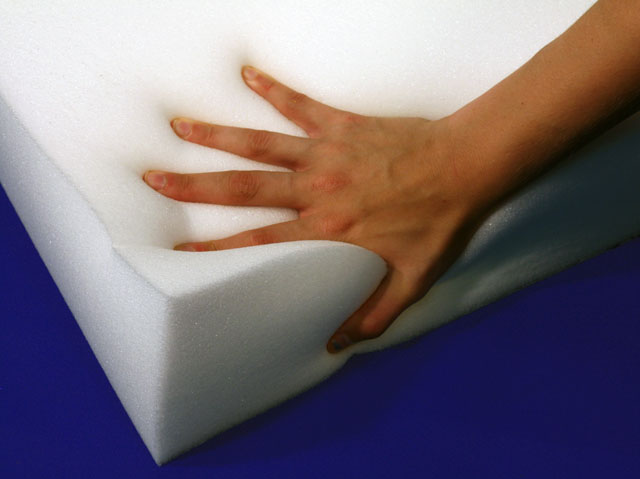
Soft Food Solutions for Senior Dogs with Weak Teeth: A Guide to Gentle Nutrition
As our beloved canine companions enter their golden years, they often face a variety of age-related health challenges. One common issue among senior dogs is dental problems, including weakened teeth, gum disease, and tooth loss. These conditions can make it difficult and painful for them to chew and enjoy their regular dry kibble. Fortunately, soft food options provide a gentle and nutritious alternative, ensuring that senior dogs with weak teeth can still maintain a healthy and happy life.
Understanding Dental Problems in Senior Dogs
Before diving into soft food solutions, it’s crucial to understand the dental issues that commonly affect senior dogs:
- Periodontal Disease: This is the most prevalent dental problem in dogs, especially as they age. It begins with plaque buildup, which hardens into tartar. Tartar irritates the gums, leading to inflammation (gingivitis) and, eventually, damage to the tissues and bone that support the teeth.
- Tooth Loss: Untreated periodontal disease can result in tooth loss. Additionally, some senior dogs may have teeth that become brittle and prone to breakage.
- Weakened Enamel: The protective enamel on teeth can wear down over time, making teeth more susceptible to sensitivity and decay.
- Oral Tumors: Although less common, oral tumors can occur in senior dogs and may affect their ability to chew comfortably.
Why Soft Food is Beneficial for Senior Dogs with Dental Issues
Soft food offers several advantages for senior dogs experiencing dental problems:
- Easier to Chew: Soft food requires minimal chewing effort, reducing pain and discomfort for dogs with sensitive or weakened teeth.
- Reduced Gum Irritation: The soft texture is gentle on inflamed or sensitive gums, preventing further irritation.
- Improved Digestion: Well-moistened soft food is often easier to digest, which can be beneficial for senior dogs with digestive issues.
- Maintains Hydration: Soft food with added moisture can help keep senior dogs hydrated, especially if they have difficulty drinking water due to dental pain.
- Encourages Eating: When chewing becomes painful, dogs may lose their appetite. Soft food can make eating more enjoyable, encouraging them to consume the nutrients they need.
Types of Soft Food for Senior Dogs
There are several options for providing soft food to your senior dog:
- Commercial Wet Food:
- Pros: Convenient, nutritionally balanced, readily available in various flavors and formulations specifically for senior dogs.
- Cons: Can be more expensive than dry food, may require refrigeration after opening.
- Tips: Look for high-quality brands with real meat as the primary ingredient. Choose formulas designed for senior dogs to address their specific nutritional needs.
- Soaked Dry Kibble:
- Pros: Cost-effective, utilizes your dog’s current food, easy to prepare.
- Cons: May take time to soften, can become mushy if soaked for too long, may not be as palatable as wet food.
- Tips: Use warm water or low-sodium broth to soften the kibble. Let it soak for 15-30 minutes until it reaches a soft consistency. Adjust the amount of liquid based on your dog’s preference.
- Homemade Soft Food:
- Pros: Allows for customization based on your dog’s specific dietary needs and preferences, uses fresh ingredients, avoids potential allergens or sensitivities.
- Cons: Requires time and effort to prepare, needs careful attention to ensure nutritional balance, may not be suitable for all dog owners.
- Tips: Consult with your veterinarian or a veterinary nutritionist to create a balanced homemade diet. Use lean proteins (e.g., chicken, turkey, fish), cooked vegetables (e.g., sweet potatoes, carrots, green beans), and a small amount of healthy fats (e.g., olive oil, fish oil). Blend or mash the ingredients to a soft, easily digestible consistency.
- Supplemental Soft Foods:
- Pros: Can be added to existing food to increase palatability and moisture content, provides additional nutrients.
- Cons: May not be nutritionally complete on their own, should be used as a supplement to a balanced diet.
- Examples:
- Plain Yogurt (unsweetened, with live cultures)
- Pumpkin Puree (plain, not pie filling)
- Bone Broth (low sodium, homemade or store-bought)
- Mashed Sweet Potatoes
- Cooked and Mashed Eggs
Tips for Transitioning to Soft Food
- Gradual Introduction: Mix a small amount of soft food with your dog’s regular kibble and gradually increase the proportion of soft food over several days.
- Warm the Food: Warming the food slightly can enhance its aroma and make it more appealing to your dog.
- Multiple Small Meals: Feed your senior dog smaller, more frequent meals throughout the day to ease digestion and prevent overeating.
- Monitor Your Dog’s Weight: Ensure that your dog is maintaining a healthy weight on the soft food diet. Adjust the portion sizes as needed.
- Consult Your Veterinarian: Before making any significant changes to your dog’s diet, consult with your veterinarian. They can help you determine the best soft food options for your dog’s specific needs and health conditions.
Other Important Considerations for Senior Dogs with Weak Teeth
- Regular Dental Checkups: Schedule regular dental checkups with your veterinarian to monitor your dog’s oral health and address any potential issues early on.
- Gentle Tooth Brushing: If possible, gently brush your dog’s teeth with a soft-bristled toothbrush and dog-specific toothpaste. This can help remove plaque and prevent further dental problems.
- Dental Chews: Offer dental chews designed for senior dogs with sensitive teeth. These chews can help clean teeth and massage gums without causing pain.
- Pain Management: If your dog is experiencing significant dental pain, your veterinarian may prescribe pain medication to help alleviate discomfort.
Conclusion
Providing soft food for senior dogs with weak teeth is an essential aspect of their care. By understanding the benefits of soft food and exploring the various options available, you can ensure that your beloved companion continues to enjoy nutritious and palatable meals, even with dental challenges. Remember to consult with your veterinarian to create a customized dietary plan that meets your dog’s individual needs and helps them maintain a healthy and happy life in their golden years.

